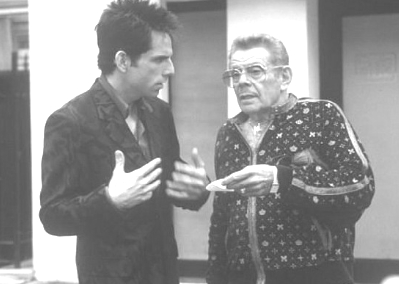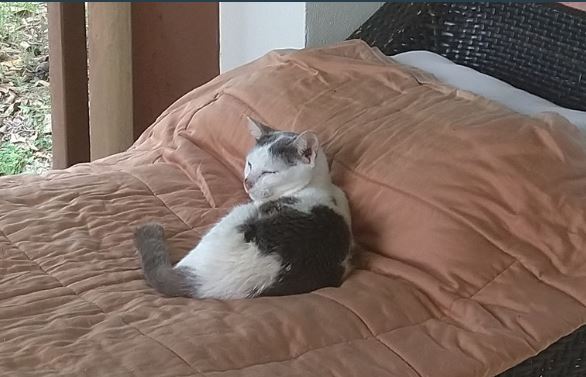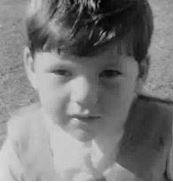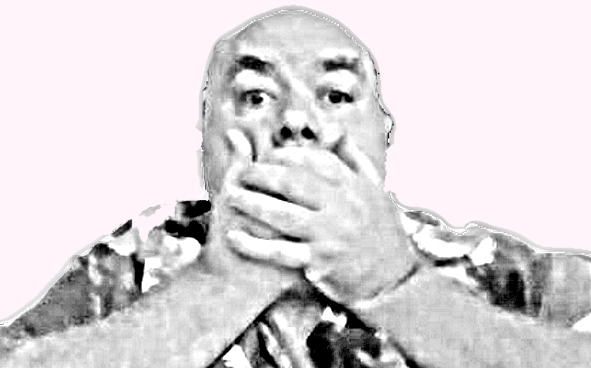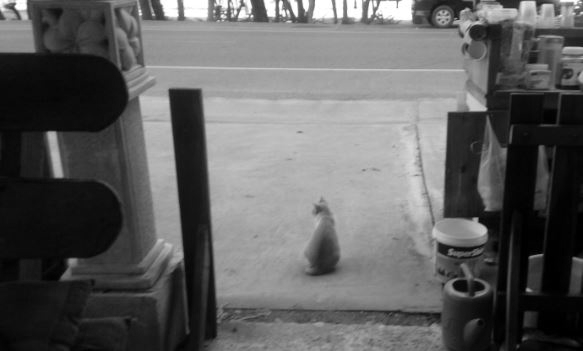News has arrived today of the death of Clive James, the great Australian poet, author, critic and television poet. It was my good fortune to see him perform and to interview him. Here’s that interview, which was originally published in The Sunday Mail in August 2007.
CLIVE James has found the secret to immortality, and it’s called the internet.
James, the celebrated expatriate Australian television host, documentary-maker, raconteur and author is building a vast online archive of his work that, he hopes, will live on after him.
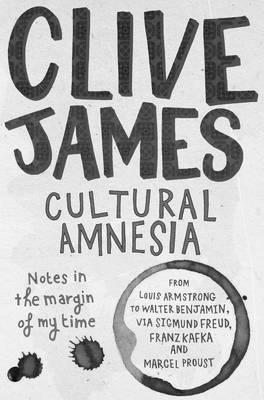
The site, clivejames.com, contains not just his own writings but those of distinguished guests, including film-maker Bruce Beresford, newspaper columnist Zoe Williams and critic Bryan Appleyard.
And, suitably for a man who was a fixture on the small screen until his semi-retirement in 2001, there is a growing number of video interviews which James describes as “little television shows made right here in my living room”.
They feature James sitting on a couch talking to the likes of film-maker Terry Gilliam, writer-director Jonathan Miller, actors Cate Blanchett and Simon Callow, cultural commentator P.J. O’Rourke, poet Peter Porter and comic Ruby Wax.
“People would rather wander into my apartment and sit down and talk for half an hour than they would go to a studio,” James, 67, explains.
“All studios are like big concrete bunkers and full of fuss, and dressing rooms full of fruit, and all the nonsense and hours of makeup and hours of waiting,
“Here the guests can walk straight in, talk to me for a while, and then we’ll sit down and have a takeaway Chinese meal.”
The other benefit of making shows at home is that it frees up valuable time for James to pursue his many other interests.
“When I was working full-time in television, I’d spend a whole week in the office just to get every half-hour on the air,” he says. “It got to the point where there were things I wanted to do and, unless I retired from mainstream television, I wasn’t going to do them.”
Chief among those things was writing another book to add to his already substantial catalogue of autobiographies, poetic works, novels and volumes of criticism. This is not just any book but the mother of all Clive James books — a huge tome about everything called Cultural Amnesia: Necessary Memories from History and the Arts.
It is the product of five years of research and writing, and he’s extremely proud of it.
“The best I can do is in the book,” he says. “I really can’t do better than this book.”
And so it’s the book that is bringing him back to Australia, for an extensive series of live performances billed as Clive James: Out on His Own.
The stage shows — where he promises to “carry my book on stage and then spend two hours failing to refer to it as I talk about everything else” — illustrate the versatility of the man who, by his own admission, has become a brand in his own right.
Asked how he describes himself, he says: “I’m really just a writer, and I’m writing in as many fields as I possibly can. Even when I’m on stage I’m writing it in my head before I say it.”
In today’s image-conscious world it’s hard to imagine that the bald, avuncular and well-read Australian ever got on to TV in the first place.
“That was a tribute to the imagination of the people who first employed me,” says James, who came to prominence in Britain as the TV critic for the Observer newspaper.
James went on to create the series of chat-panel-variety programs which first brought the Western world glimpses of the now infamous Japanese game show Endurance and introduced us to oddball characters like Cuban novelty singer Margarita Pracatan.
The constant threads have been James’s laconic presentation style, sharp wit, highly tuned powers of observation and lyrical way with words.
That’s the style he will bring to stage during his live show.
